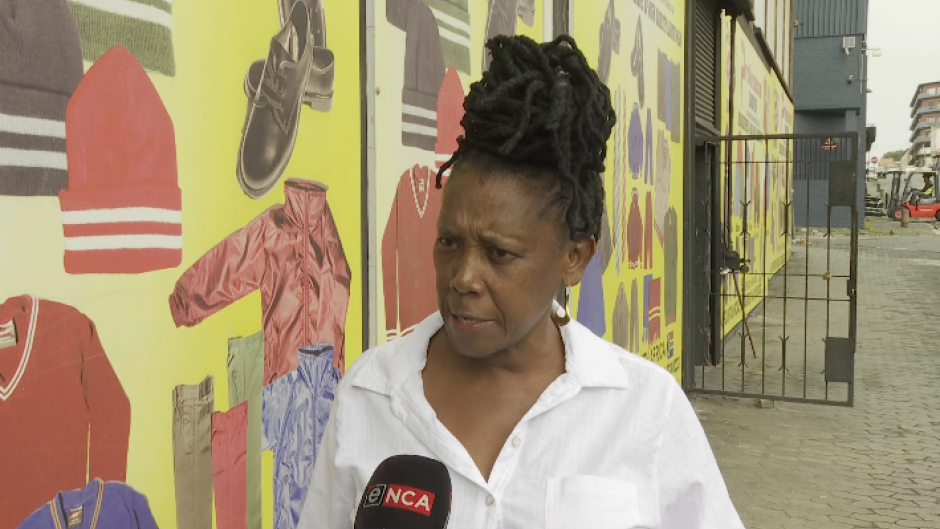JOHANNESBURG - Itâs that time of the year when school uniform prices come under the spotlight yet again, as parents are demanding change.
The soaring costs have sparked many debates, with many accusing schools of not giving them the freedom to choose where to buy from.
As schools prepare to reopen on January 15th, a parent like Nosipho Moyo faces financial strain, having to spend just over R2000 for her son to meet the uniform requirements.
âThis R2000 includes trousers, shirts, socks, shoes, and even winter wear. It is hard to keep up with the high costs,â she said.
With schools insisting that parents buy from specified suppliers, one mother, Phil Mokgabudi, says this leaves them with no room to compare prices.
âSchools must not tell parents to buy from one shop because we want to be able to compare prices and quality. It's not the school or teachers paying for the uniform, but us as parents.
âSo parents have got the right to go to any shop as long as the quality is good and the colour of the uniform is the colour of the school,â she said.
Mokgabudi argues that these exclusive supplier agreements drive up prices and leave parents with no choice but to pay exorbitant amounts.
Retailers, however, painted a different picture.
Farai Muronda, Finance Director of Rufaro Garments, which is a Gauteng and Western Cape-based uniform supplier, says costs are justified.
âWe have to factor in the cost of materials this includes the fabrics that go into the uniform, branding that needs to be done as well as the tailors that make the uniform.â
âThere are also a couple of considerations with regards to uniforms that we negotiate with schools, for example if they want a particular fabric because it is warmer in winter or does not fade as much, this makes the costs even more,â he said.
According to Muronda, exclusive agreements with schools are also a way to maintain consistency and quality.
And while he acknowledges that prices may seemingly be high, he argues that suppliers are sometimes unfairly blamed.
âWe are a big believer in competition because it helps the students, parents, schools and suppliers as well. So, most of our clients have other suppliers that supply them with uniforms, and parents are free to choose where they want to buy from and that has helped to bring the prices down.
In January 2024 the Competition Commission warned that it would prosecute schools not following school uniform guidelines.
This was after the commission in 2021 reached an agreement that schools abandon exclusivity deals with suppliers.
But, it seems not all schools have implemented this.
Speaking to eNCA, Competition Commission spokesperson Siyabulela Makunga says they have identified over 2,000 schools across the country that have not been compliant with the specified school uniform guidelines.
Makunga says efforts to bring these schools to book are underway, as they work with various levels of government to engage with schools to comply.
âWhere we do intervene, we see some behavioural change which brings immediate relief to parents in terms of prices.
Because if we are to evoke our investigative prosecutorial powers this would lead us to protracted litigations and we donât want schools to be drawn into those things but to focus on learning and trainingâ, he said.
By Zandile Khumalo.

